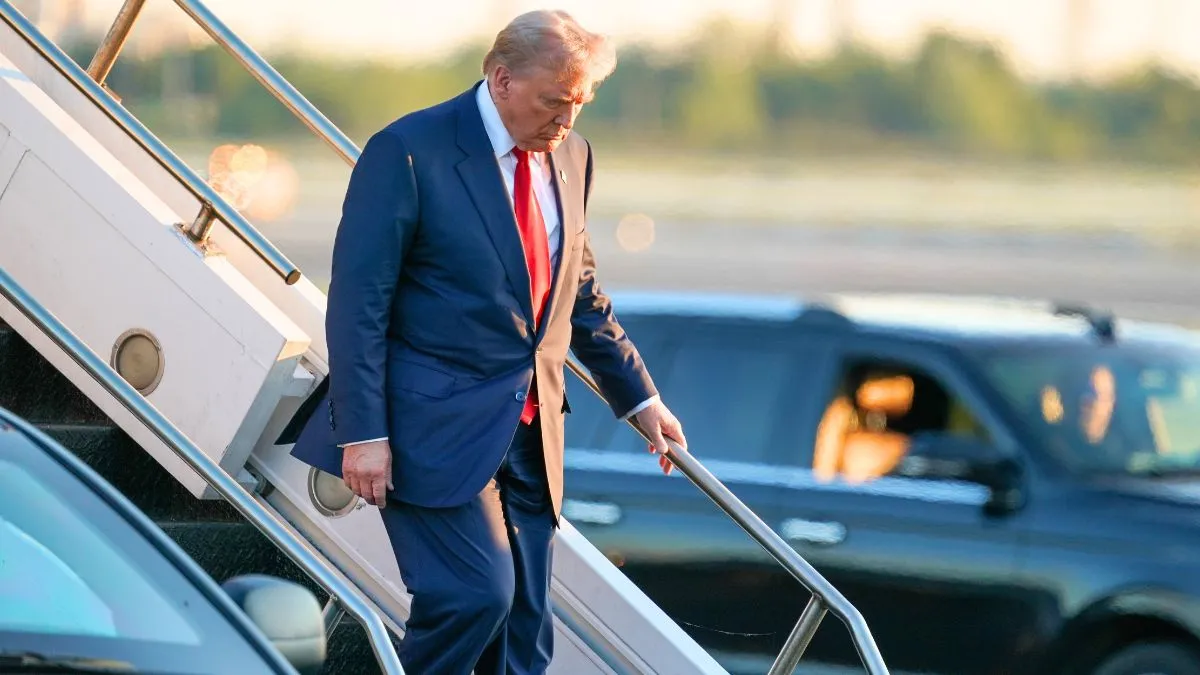As the election season heats up, Donald Trump’s legal woes have intensified, prompting speculation about his next moves. Currently facing 34 felony counts related to falsifying business records in New York, the former president finds himself in a precarious position. With his sentencing pending and additional legal challenges looming—such as accusations concerning the 2020 election and mishandling classified documents—Trump’s prospects appear grim if he remains in the U.S. without the shield of presidential immunity.
In a recent interview with Elon Musk on X (formerly Twitter), Trump suggested that he might consider seeking refuge in Venezuela if the election does not go his way. He remarked, “If something happens with this election, which would be a horror show, we’ll meet the next time in Venezuela because it’ll be a far safer place to meet than our country, okay?” This statement has drawn significant attention, highlighting the absurdity of his potential escape plan.
Trump’s choice of Venezuela is curious for several reasons. First, many countries around the world have strict regulations regarding the entry of individuals with criminal records. At least 37 nations could potentially bar Trump’s entry, including allies like Canada, the U.K., and Japan. For example:
- Canada: Denies entry to individuals convicted of serious offenses unless they have received official rehabilitation.
- United Kingdom: Similar restrictions apply, especially for those sentenced to over 12 months in prison.
- United Arab Emirates: Even his business interests there could be jeopardized, as the UAE may refuse entry based on criminal history.
Given these factors, Trump’s options for safe haven are quite limited.
Venezuela itself is embroiled in a severe political and economic crisis. The recent presidential election, held on July 28, 2024, has been widely condemned as fraudulent, resulting in protests and significant unrest. The reelected president, Nicolás Maduro, faces opposition from Edmundo González Urrutia, who has since fled to Spain seeking asylum. The situation is dire, marked by hyperinflation, shortages of basic goods, and the mass exodus of over 7.7 million Venezuelans from the country.
Trump’s assertion that Venezuela would be a “far safer place” starkly contrasts with the reality faced by millions of Venezuelans and highlights a deep insensitivity to their plight.
During his conversation with Musk, Trump made several controversial statements regarding crime rates and immigration, suggesting that crime in Venezuela is decreasing while it supposedly surges in the U.S. He even claimed that various criminals, including “murderers” and “rapists,” are being released from Venezuelan prisons and making their way to America. Such assertions not only lack factual basis but also misrepresent the complexities of both countries’ situations.
Ultimately, if Trump chooses to flee to Venezuela, the irony would be palpable. His grand escape to a country grappling with its own crises would likely serve as a humorous twist in a tumultuous political saga. As he confronts the reality of life outside the U.S., it’s clear that simply suggesting a refuge doesn’t alter the surrounding truths. In any case, the prospect of Trump navigating the challenges of Venezuela will be an interesting development to watch.


